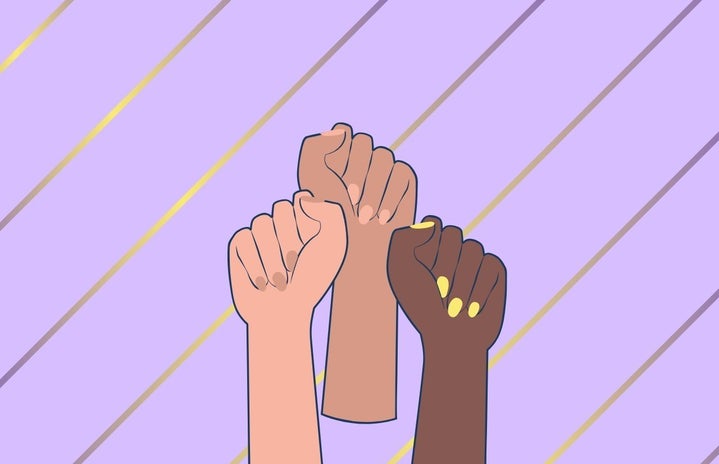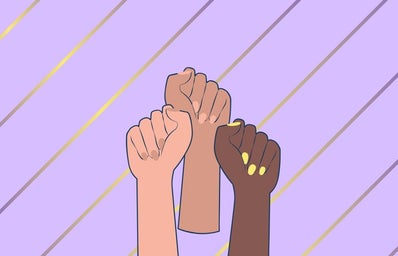In the midst of a worldwide health epidemic, I think that it is important to note the positive things in our lives to regain a sense of community. March was Women’s History Month and because of the current health crisis I think it was been overlooked by many people. This article is meant to recognize impactful feminists in American history, specifically the first wave feminists, and how they’ve paved the way for women today. First Wave Feminism campaigned for equal contract and property rights, as well as the right for women to vote.
Sojourner Truth (1797-1883)
Sojourner Truth was an African American abolitionist and women’s rights activist best known for her speech “Ain’t I A Woman” performed in 1851 at the Ohio Women’s Rights Convention. Born a slave and given the name Isabella Baumfree by her captors, she courageously fought gender inequality and racial discrimination. Though born a slave, she was freed in 1827 and changed her name to reclaim her identity. She was the first African American woman to win a lawsuit when she won the fight to have her son returned to her from his life of imprisonment as a slave. Sojourner spent her life campaigning for the rights of slaves, women, and African Americans.
Elizabeth Cady Stanton (1815-1902)
Elizabeth Cady Stanton was an American suffragist, social activist, abolitionist, and leading figure of the early women’s rights movement. She planned the first woman’s rights convention that took place in Seneca Falls in the State of New York in July 1848. Her revolutionary work, “The Declaration of Sentiments,” took inspiration from the Declaration of Independence and appealed for equal treatment of women. Stanton served as the President of the National American Woman Suffrage Association (NAWSA).
Susan B. Anthony (1820-1906)
Susan B. Anthony was an American social reformer and women’s rights activist who played a pivotal role in the women’s suffrage movement. Along with fifteen other kick-ass females, Susan voted in the 1872 presidential election, an act they were later arrested and convicted for. Anthony and Stanton established the American Equal Rights Association in 1866, calling for the same rights to be granted to all regardless of race or sex. In 1868, Anthony and Stanton created and began producing The Revolution, a weekly publication that lobbied for women’s rights. The newspaper’s motto was “Men their rights, and nothing more; women their rights, and nothing less.” In 1905, she met with President Theodore Roosevelt in Washington, D.C., to lobby for an amendment to give women the right to vote. However, it wouldn’t be until 14 years after Anthony’s death (in 1920) that the 19th Amendment to the U.S. Constitution, giving all adult women the right to vote, was passed.
Alice Paul (1885-1977)
Alice Paul was an American suffragist, feminist, and women’s rights activist, as well as one of the main leaders and strategists of the campaign for the Nineteenth Amendment to the U.S. Constitution, which prohibits sex discrimination in the right to vote. In January 1917, Paul and over 1,000 “Silent Sentinels” began eighteen months of picketing the White House, standing at the gates with such signs as, “Mr. President, how long must women wait for liberty?” They endured verbal and physical attacks from spectators, which increased after the U.S. entered World War I. Instead of protecting the women’s right for free speech and peaceful assembly, the police arrested them on the flimsy charge of obstructing traffic. Paul was sentenced to jail for seven months, where she organized a hunger strike in protest. Doctors threatened to send Paul to an insane asylum and force-fed her, while newspaper accounts of her treatment garnered public sympathy and support for suffrage.
These are only four of hundreds of feminists from the First Wave of the 1900s and their strong advocacy for women’s rights has left an imprint in American History. The right for women to vote, the right to own property, and the illegality of men raping their wives are all due to these women and their courage to take a stand against a patriarchal society in hopes of an equal future. Thanks to the First Wave Feminists, there has been a wide range of social and political movements, which has created the opportunity for any and all women today to use their voice to continue to fight for gender equality.



